According to Bloomberg, on August 15 and 16, a high-level US delegation led by Assistant Secretary of the Treasury Brent Neiman will hold talks with their Chinese counterparts within the framework of the US-China Financial Working Group, a mechanism established by the two sides last year. The US delegation is expected to meet with People's Bank of China (PBoC) Deputy Governor Xuan Changneng and other senior Chinese officials.

Speaking before leaving the US, Mr. Brent Neiman said that through this meeting, the US side wants to promote consultation on financial stability, discuss issues related to cross-border data, lending and payment activities, private sector efforts to promote financial transformation as well as specific steps that the two countries can take to increase information exchange when facing financial stress events.
The US and China reached an agreement to establish a Financial Working Group during US Treasury Secretary Janet Yellen's visit to Beijing in July 2023. The working group serves as a regular policy communication channel between the world's two leading economies, with the goal of maintaining a stable US-China economic foundation amid rising bilateral trade tensions. This is the 5th round of dialogue of the Financial Working Group and the 2nd time it has taken place in China. Observers believe that the dialogue between the US-China Economic and Financial Working Group will positively affect the perspective of US businesses as well as bilateral relations.
The dialogue took place in the context of the world's two leading economies gradually falling into a spiral of increasing tariffs and retaliating against each other. According to the announcement of the Office of the US Trade Representative, from August 1, the US sharply increased tariffs on imported goods worth 18 billion USD from China, including electric vehicle batteries, computer chips and medical products. Washington also kept the tariffs on 300 billion USD of Chinese products introduced in 2018 under President Donald Trump. In return, Beijing also introduced retaliatory measures, including banning some US companies from carrying out import, export and new investment activities related to China. Most recently, Beijing said it could consider temporarily increasing tariffs on imported cars equipped with large displacement engines from the US and the European Union.
THANH HANG
Source: https://www.sggp.org.vn/my-trung-doi-thoai-kinh-te-post753949.html







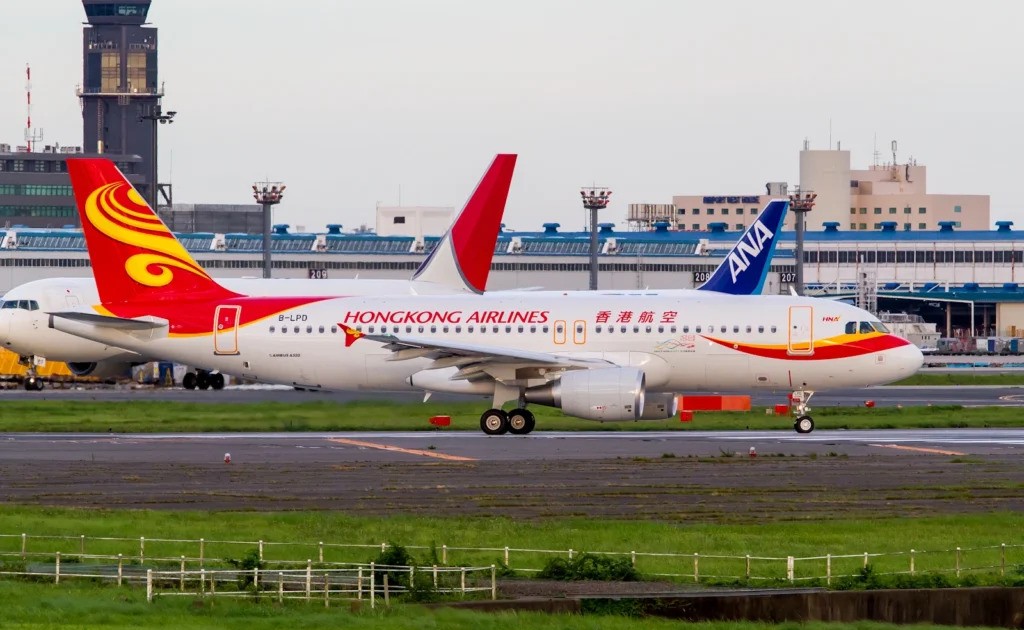

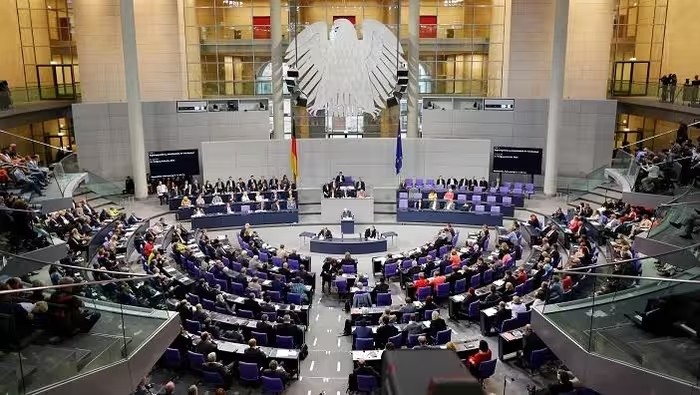
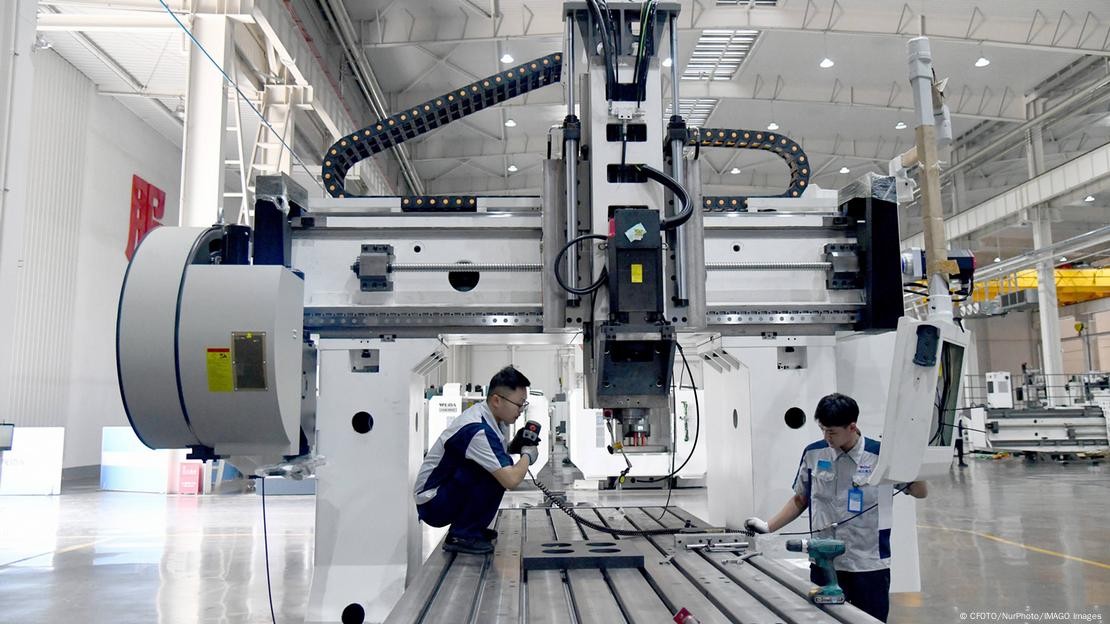
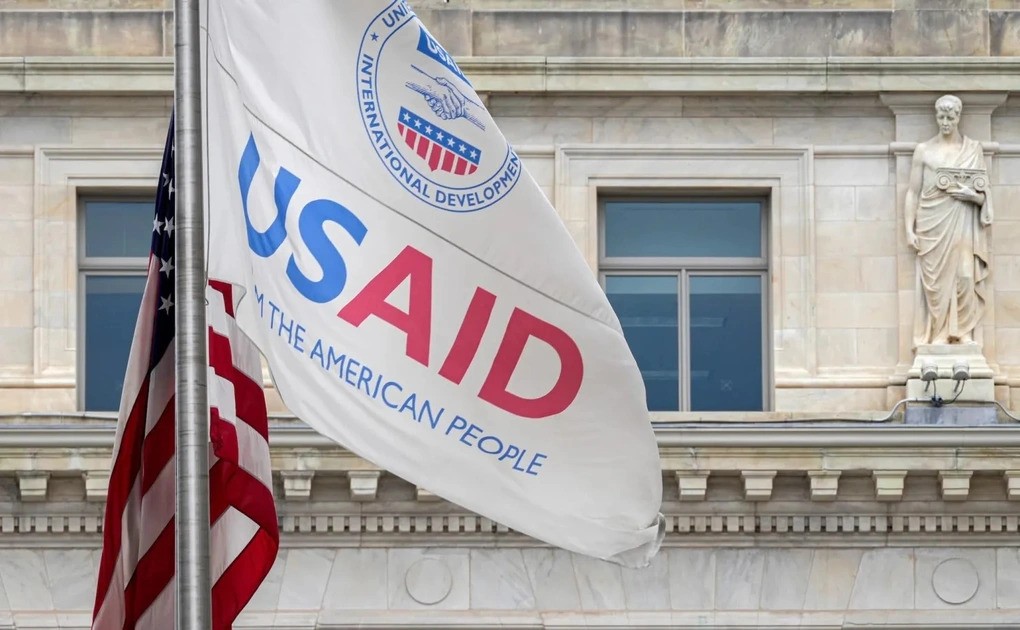


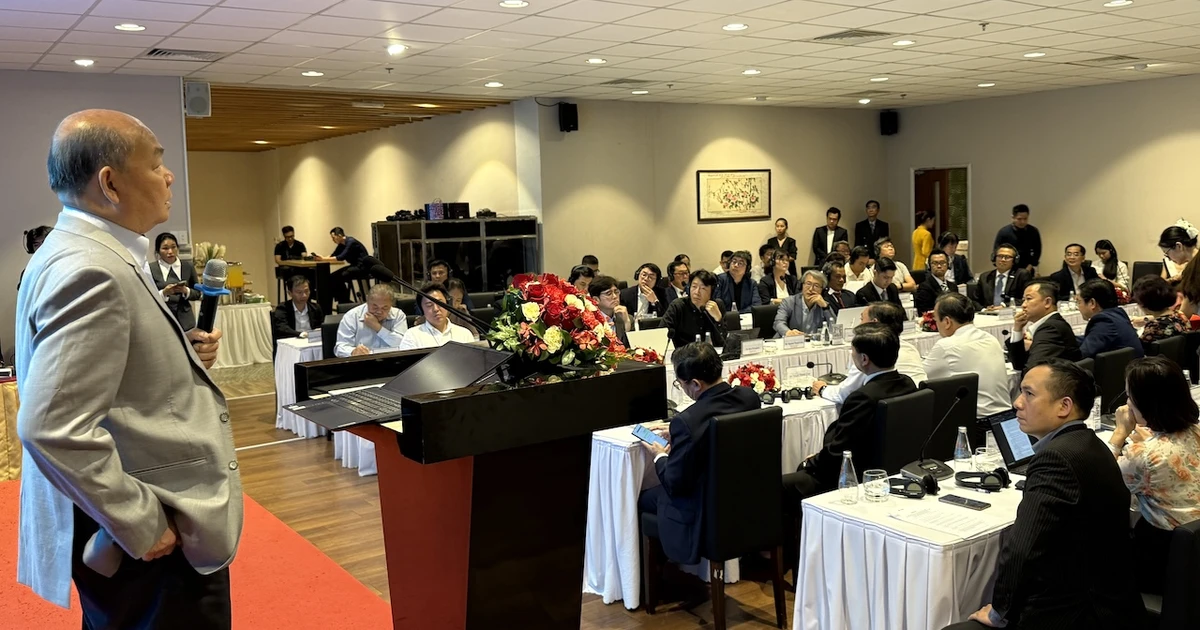

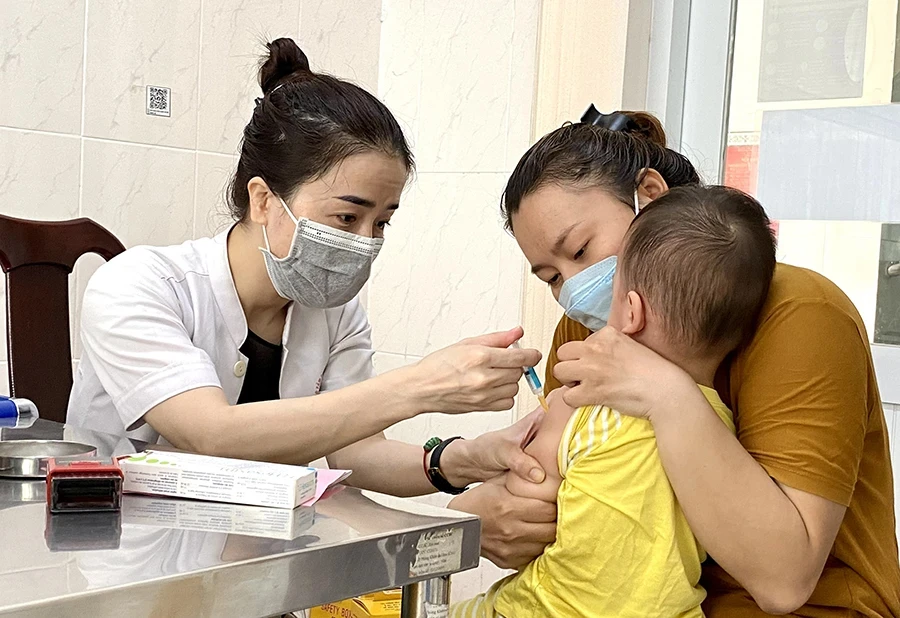











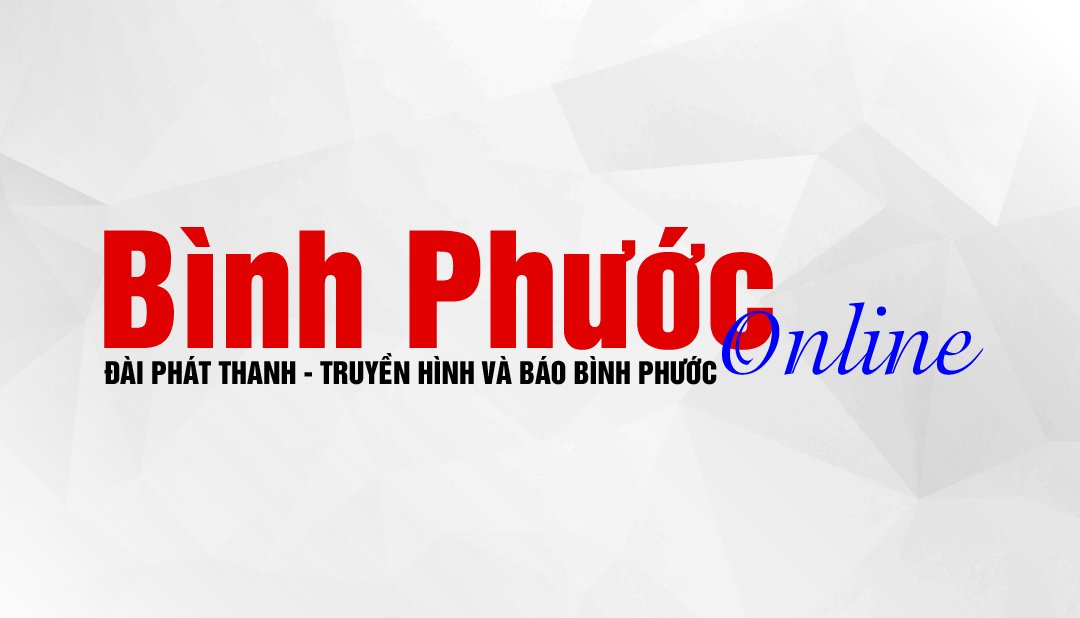

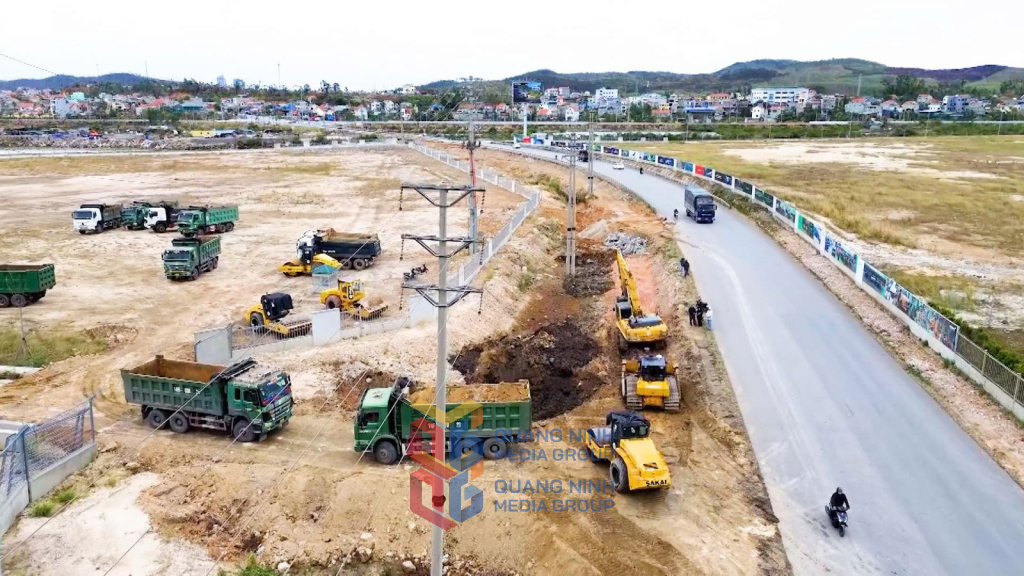

Comment (0)